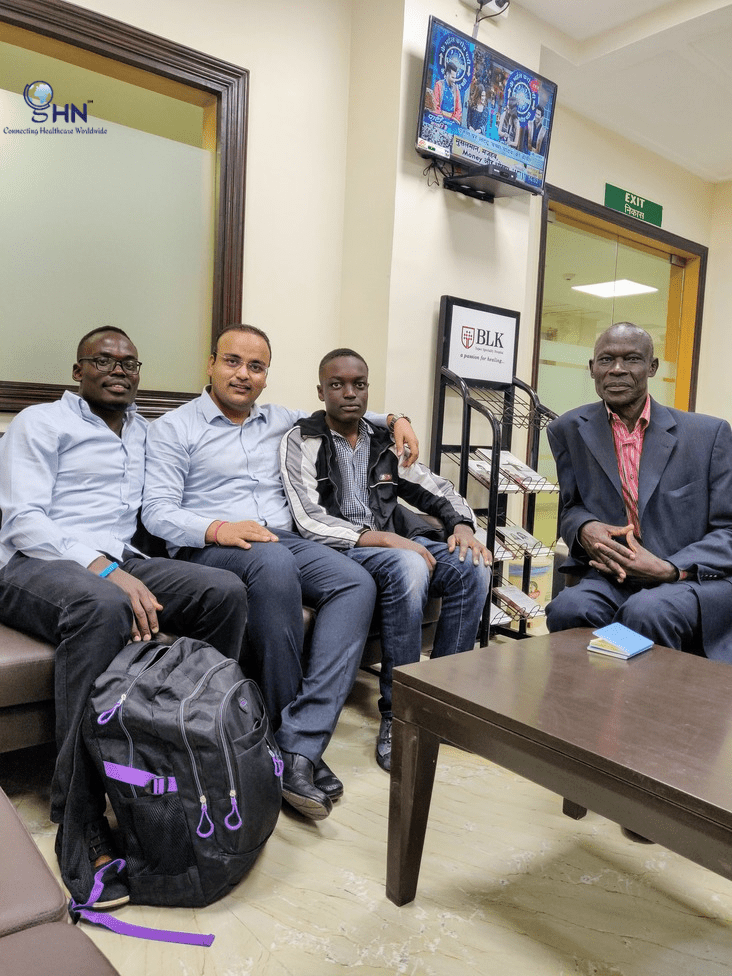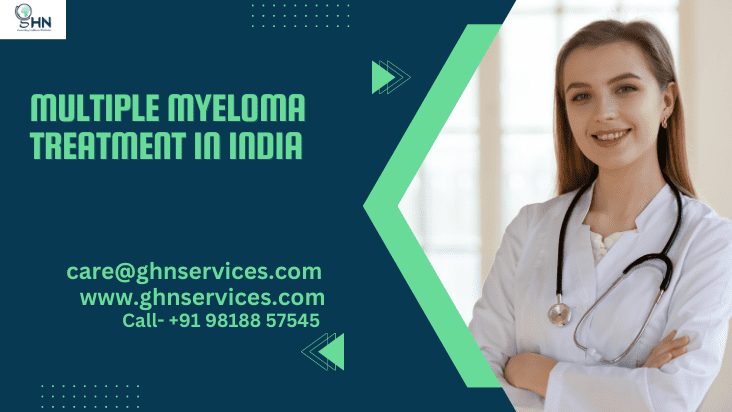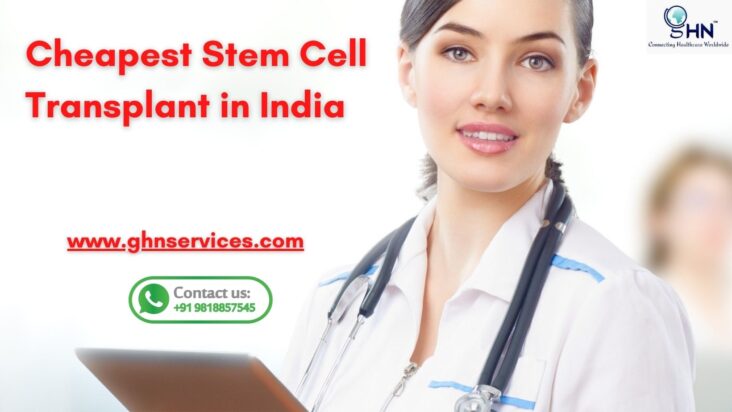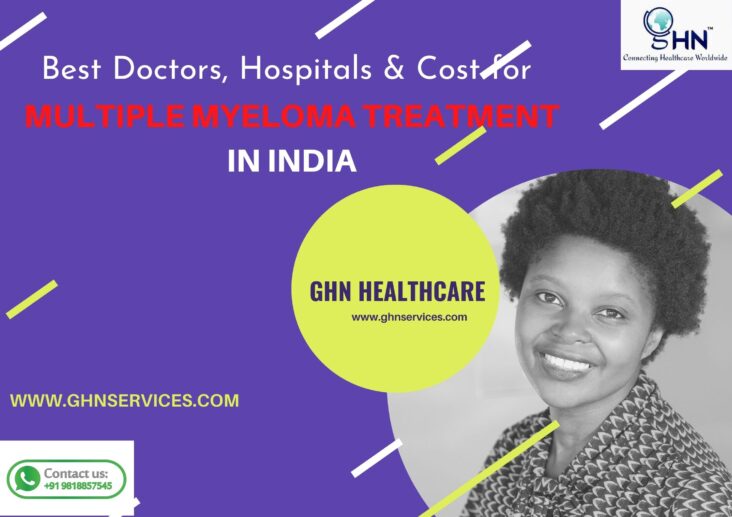What is Multiple myeloma?
Multiple myeloma is type of a blood cancer; fundamentally it is a cancer which forms in a type of white blood cell known as plasma cell. Normally the plasma cells are found in the bone marrow, which makes antibodies that fight against the infections in your body known as immune system of the body. Our immune system is made up of several types of cells that work to fight against the infections and other diseases.
In multiple myeloma, plasma cells become cancerous and start growing uncontrollably in the bone marrow and crowd out healthy blood cells. Rather producing antibodies, the cancer cells produce abnormal proteins known by several other names, including monoclonal immunoglobulin, monoclonal protein (M-protein), M-spike, or paraprotein.
It is seen multiple myeloma affects more men than women. It affects twice as many people who are black as it does people who are of other races. Mostly it diagnosed of age group between 40 to 70.
Other Plasma Cell Disorders
Multiple myeloma is one of type that can cause problems with patient plasma cells. Others include:
• Monoclonal gammopathy- This condition is known as when your plasma cells make too many copies of one antibody.
• Solitary plasmacytoma- It is most like multiple myeloma, but it causes a single unusual plasma cell growth rather than many of them. This can happen inside or outside a bone.
• Light chain amyloidosis- Causes unusual plasma cells in bone marrow.
• Waldenstrom macroglobulinemia- This is a type of both monoclonal gammopathy and non-Hodgkin’s lymphoma, a cancer of lymph system.
Multiple Myeloma Causes and Risk Factors
Experts are not sure about the exact cause of multiple myeloma. But it is mostly seen people in age group above 60 and (older people), Africans and Africans Americans. Some potential causes they are exploring include:
• Genetic Mutations
• Environmental Factors- Had contact with chemicals used in rubber manufacturing, woodworking, firefighting or in herbicides
• Having an inflammatory disease or condition- Disease include Type 2 diabetes, rheumatoid arthritis.
• Overweight or Obese
• Radiation Exposer
Symptoms of Multiple myeloma
Earlier patient might not notice any symptoms. But over the time it may be shown as:
• Bone pain, especially in spine or chest
• Nausea
• Constipation
• Loss of appetite
• Mental fogginess or confusion
• Fatigue
• Frequent infection
• Weight loss
• Weakness or numbness in your legs
• Excessive thirst
• Bruising or bleeding more easily
Multiple Myeloma complications
• Bone problems- Bone can become so weak, leading to fractures.
• Blood problems- Body might get anemic. Causes tiredness, pale and heart problems. Person might also have low platelets level, which makes harder for the blood to clot.
• Infections- When person has myeloma that body is not able to produce healthy antibodies to fight against the infections. Leading weak immune system.
• Kidney damage- Myeloma restricts the proper functioning of the kidneys. They don’t filter the way they should. Might lead to kidney failure.
Multiple Myeloma Diagnosis
When a patient visits to a doctor having above mentioned complains and symptoms related with multiple myeloma. Then the doctor may ask about the patient’s family medical history. He may do some physical examination and advice several blood tests and other tests to confirm a diagnosis. Sometimes doctor diagnose multiple myeloma accidentally during a blood test for some other medical condition of the patient.
Test and procedures used to diagnose multiple myeloma include.
• CBC
• Blood chemistry test
• Quantitative immunoglobulin test
• Electrophoresis test
• Urine test
• Scan like- X rays, CT scan, MRI, PET scan
• Bone marrow biopsy
Once cancer is diagnosed, then doctor check the stage. Staging provides important information about the cancer spread in the body and anticipated response to treatment.
Treatment of multiple myeloma
Treatment of multiple myeloma depends on patient’s symptoms, stage of the cancer and patient’s overall health. In many cases it has seen that team of doctors will work with the patient to find best treatment plan for that particular patient. The goal of treatment is to eliminate the myeloma cells, control tumor growth, control pain, and allow patients to have an active healthy life. While there is no complete cure for multiple myeloma, but it can be managed successfully in many patients for years.
Treatment overview for people with smoldering multiple myeloma:
this is the early stage of myeloma and no symptoms, called smoldering multiple myeloma or SMM. This can closely monitored by the doctor through checkups. The process is called active surveillance or watchful waiting. If doctor find any evidence of bone thinning or osteoporosis, periodic infusions of bisphosphonates to reverse this process may be recommended. Doctors follows clinical protocols which used to evaluate whether using targeted therapy or immunotherapy can prevent or delay myeloma from developing into a disease that requires treatment. Active treatment start only after symptoms appears.
Treatment overview for patients with symptoms
Patients with symptomatic myeloma include both treatments to control the disease spread as well as supportive care to improve quality of life.
Different phases of treatment –
• Induction therapy for rapid control of cancer and to relieve symptoms.
• Consolidation for more chemotherapy or a bone marrow transplant.
• Maintenance therapy over a prolonged period to prevent the recurrence of cancer
Mediational therapies
• Chemotherapy
• Targeted therapy
• Immunomodulatory drugs
• Steroids
• Bone- modifying drugs
• Immunotherapy
Bone marrow transplant
Radiation therapy
For any enquiry regarding Best multiple myeloma hospitals & doctors or multiple myeloma treatment in India, Connect with us via HELPLINE: +91 9818857545 for immediate assistance & support.
You may read some more articles –





